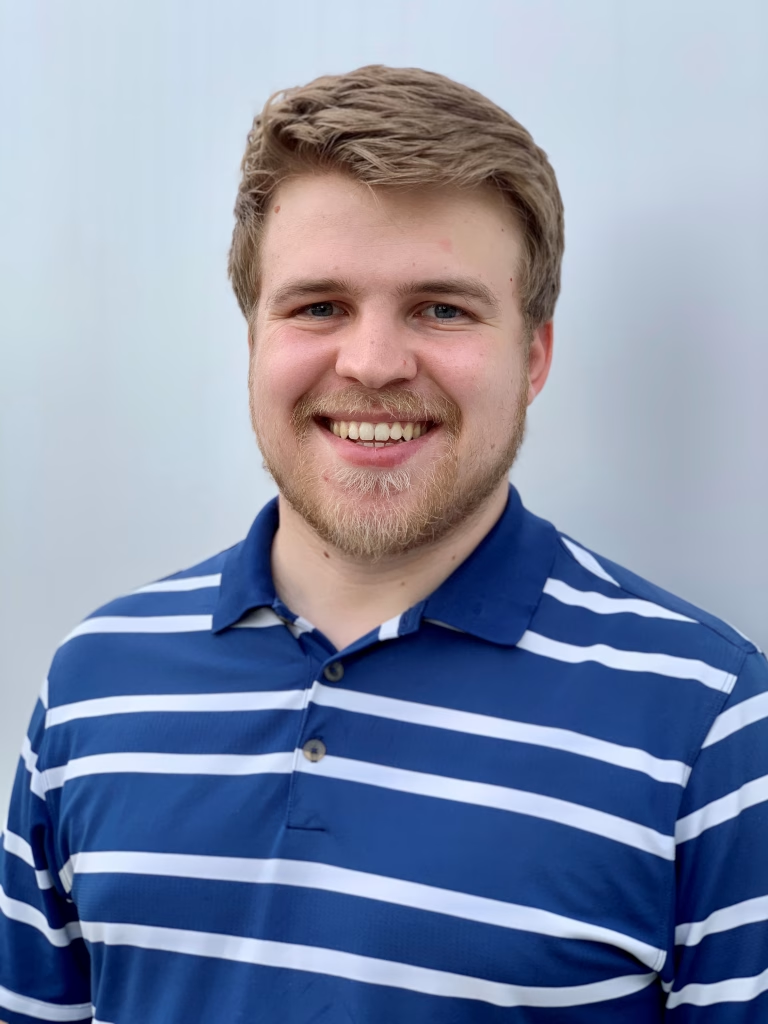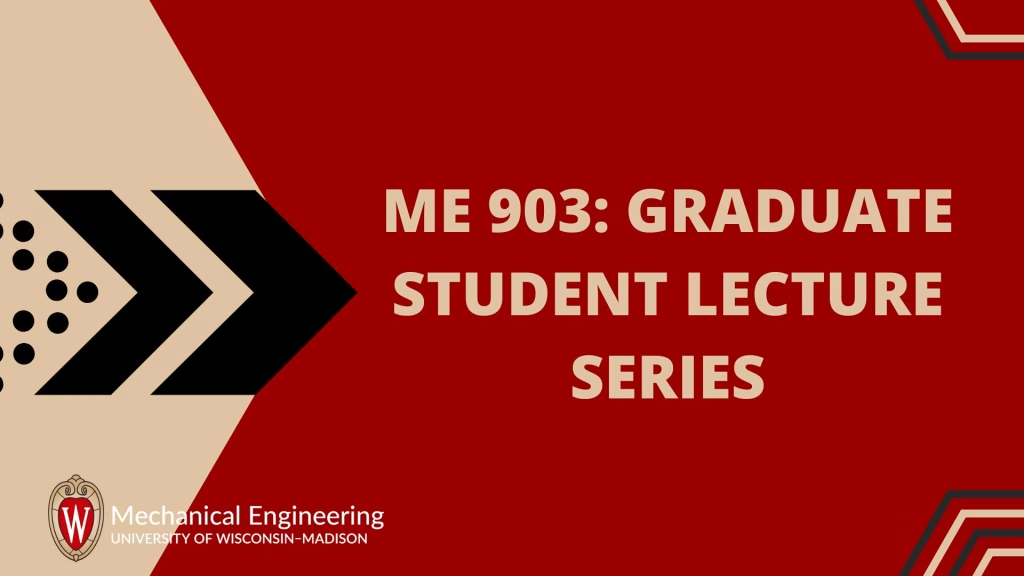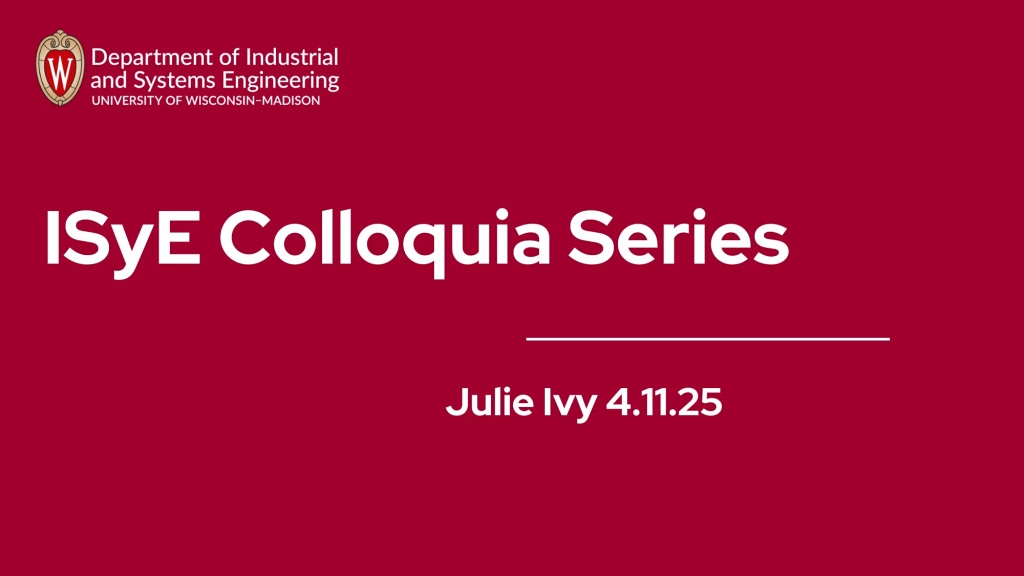
- This event has passed.
Precision 3D/4D Printing: Methodology Development and Experimental Validations
September 9, 2024 @ 12:00 PM – 1:00 PM

Additive Manufacturing (AM) has transformed the way we design, prototype, and produce complex parts with unprecedented geometries. However, inherent process challenges lead to unsatisfactory 3D dimensional accuracy, functional part quality, and process stability. Advancements in contactless 3D scanning technology enable the in-situ 3D profiling of printed parts. These sensing capabilities can be utilized to achieve closed-loop control and mitigate those process challenges. Equally revolutionary, the field of shape-morphing materials, or 4D printing, introduces dynamic stimuli activation as a fourth dimension to 3D printing, promising complex parts that effortlessly assemble themselves. In both 3D and 4D printing, in-situ metrology systems such as 3D scanning data, represented by high-dimensional, unstructured 3D point cloud data, hold immense potential to unlock transformative process capabilities. To leverage this potential, novel methodologies and experimental capabilities must be developed. In this presentation, two recent research endeavors will be discussed, including (i) the predictive control of 3D profile propagation using a nonlinear dynamic control model with heterogeneous active control inputs; and (ii) the modeling, optimization, and control of the dynamic 3D shape morphing behavior in 4D printing. The seminar will present both theoretical investigations and experimental validations, highlighting the potential to catalyze new manufacturing capabilities for precision 3D/4D printing.
Bio: Michael Biehler is a fifth-year Ph.D. candidate in the H. Milton Stewart School of Industrial & Systems Engineering (ISyE) at Georgia Tech (GT). His research focuses on developing fundamental methodologies and transformative experimental capabilities in 3D and 4D printing to rapidly deploy advancements in materials, process technologies, and computational tools. His work has resulted in 17 papers published in top journals, has been recognized by 6 best paper awards, and 17 scholarships/fellowships from numerous professional societies. During his PhD studies, he served as an independent instructor of four sections and received the university-level CIOS honor award for excellence in teaching at GT. In the past three years, he served as a student board member in the DAIS Division of IISE and organized the DAIS data analytics competition at the IISE Annual Conference. He is passionate about educating a diverse and inclusive generation of data-literate engineers to tackle tomorrow’s challenges, as evidenced by mentoring more than 25 undergraduate and K-12 students, resulting in half of them co-authoring papers published in top journals and several winning prestigious awards.


